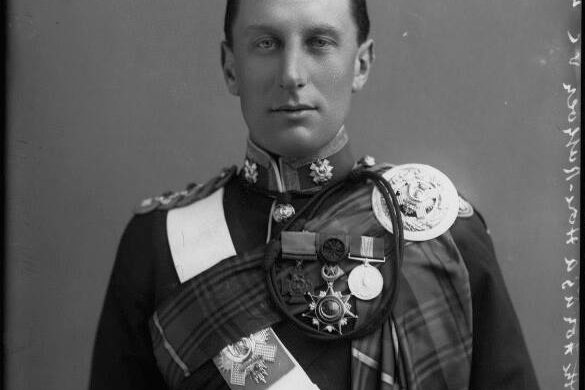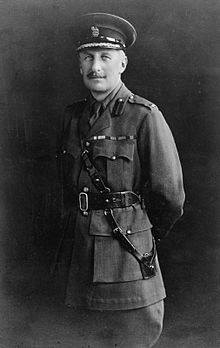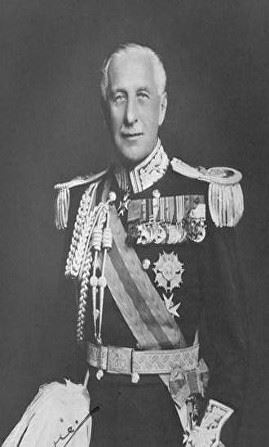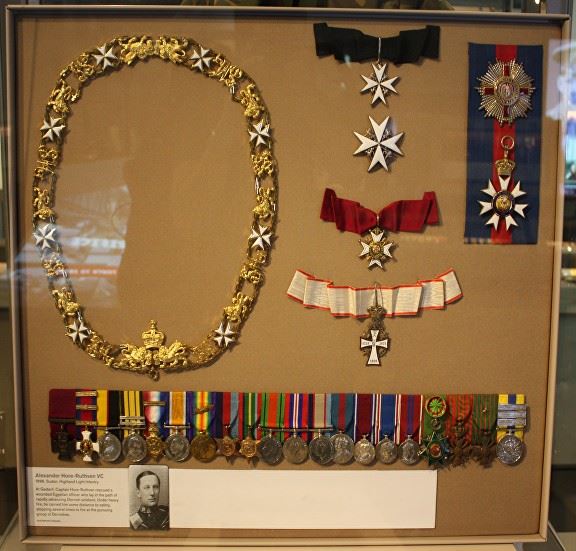Brigadier General Alexander Gore Arkwright Hore-Ruthven, 1st Earl of Gowrie VC, GCMG, CB, DSO & Bar
The Victoria Cross (VC) is the highest award of the British honours system – it is awarded for gallantry “in the presence of the enemy” to members of the British Army Forces.
With all the VC centenary paving stone ceremonies going on around the UK during the last 4 years – 628 VCs were awarded to 627 recipients during WWI – it would be easy to forget that the VC was instituted on 29 January 1856 by Queen Victoria to honour acts of valour during the Crimean War, for which 111 medals were awarded.
It would be sad if the other pre-WWI recipients were forgotten – recipients who hailed from all strata of society.
One such man was Brigadier General Alexander Gore Arkwright Hore-Ruthven, 1st Earl of Gowrie VC, GCMG, CB, DSO & Bar (+ 7 Mentions in Despatches!).
On 19 October 1889, Hore-Ruthven was commissioned as a second lieutenant into the Lanarkshire Yeomanry Cavalry. However, following training at the United Services College, he was commissioned on 27 April 1893 as a lieutenant in the 3rd Battalion, The Highland Light Infantry (3HLI) and during the Sudan Campaign, he was mentioned in despatches.
During the action at Gedarif on 22 September 1898, Hore-Ruthven performed an act of courage which earned him the Victoria Cross, as the citation states:
“On the 22nd September 1898, Captain Hore-Ruthven, seeing an Egyptian officer lying wounded within 50 yards of the advancing Dervishes, who were firing and charging, picked him up and carried him towards the 16th Egyptian Battalion. He dropped the wounded officer two or three times and fired upon the Dervishes, who were following, to check their advance. Had the officer been left where he first dropped, he must have been killed.”
Two Distinguished Service Orders (DSO) and five more Mentions in Despatches were awarded for his bravery in Somaliland, Gallipoli and the Western Front during WWI.
This amazing soldier went on to be Governor of Southern Australia (1928-34), New South Wales (1935-6) and Governor-General of Australia (1936-45).
The centenary paving stones have served to draw attention to tremendous acts of bravery during WWI, but it would be very sad if the earlier recipients are completely forgotten when the commemorations are over.
-
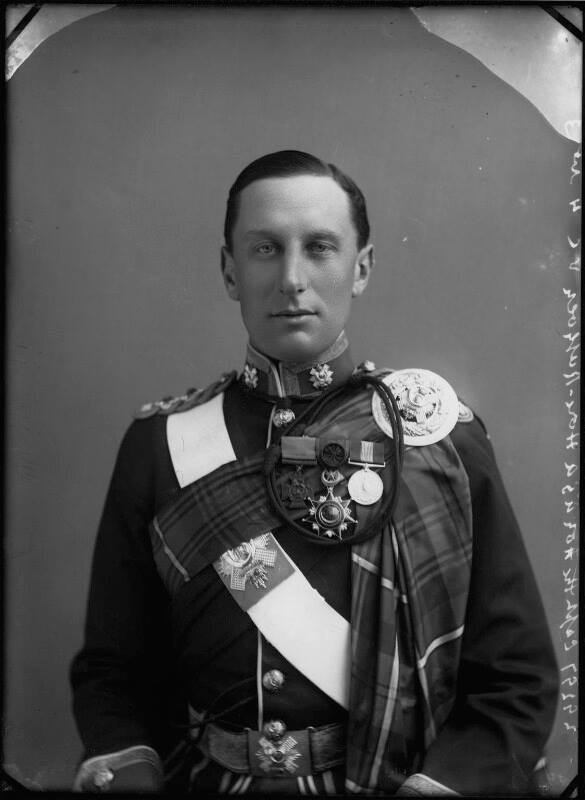
- Captain Hore Ruthven VC, who was awarded the Victoria Cross for his action in the Sudan while serving with 3rd Battalion, The Highland Light Infantry (3HLI)
-
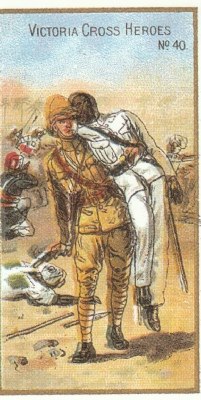
- Cigarette card depicting the action for which Captain Hore Ruthven of the 3rd Battalion, The Highland Light Infantry was awarded the Victoria Cross.

